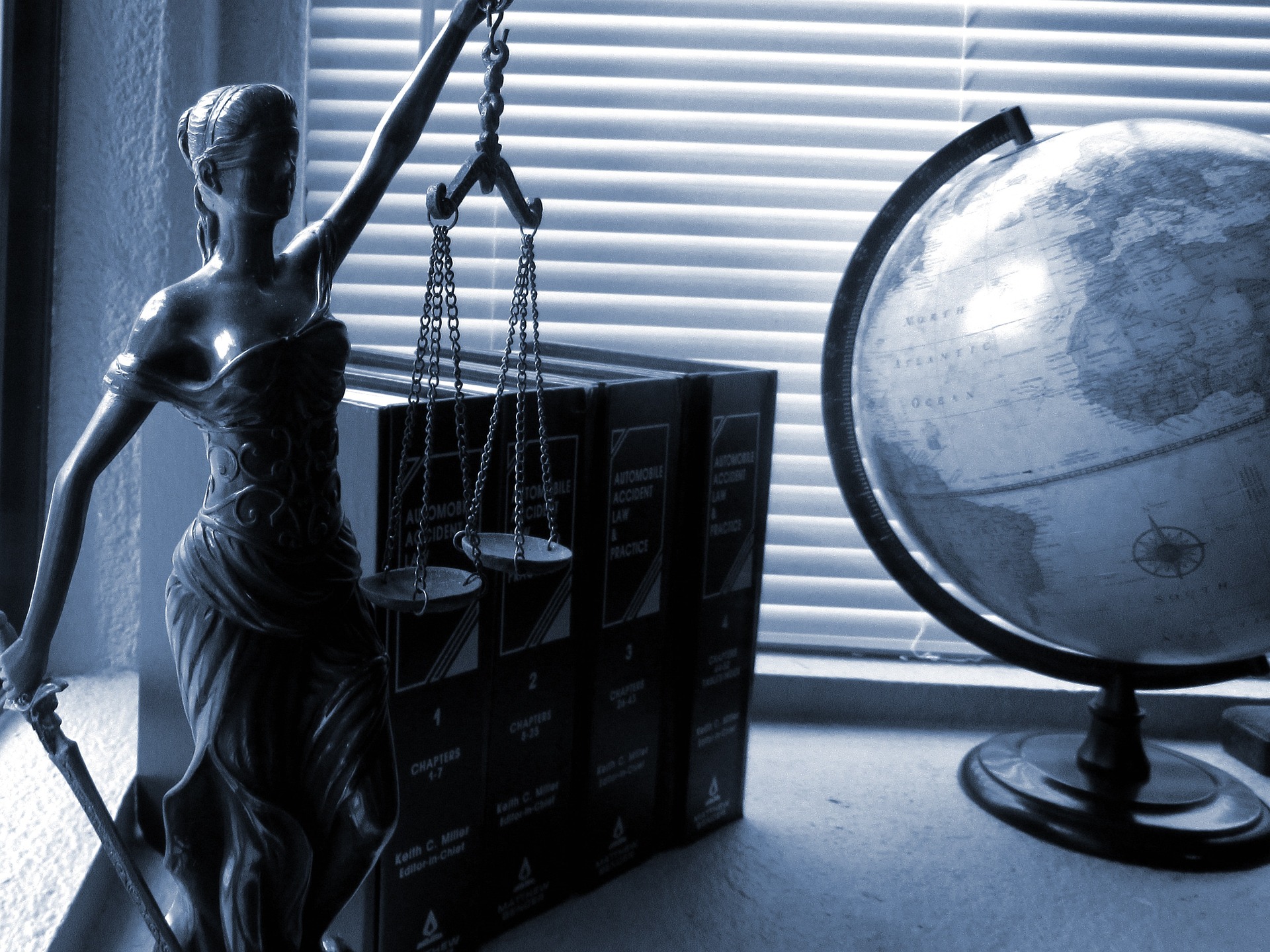The Unraveling of Executive Privilege: A Closer Look
Executive Privilege, a controversial and often-misunderstood aspect of presidential power, is increasingly being brought under scrutiny. This article will delve into the history, current developments, and societal implications of this legal principle.
Historical Context of Executive Privilege
Firstly, Executive Privilege is not explicitly mentioned in the Constitution. However, its roots can be traced back to George Washington’s presidency, when he refused to provide certain documents to the House of Representatives. Washington argued that the President has the right to withhold information if it is in the nation’s best interest. This set the precedent for what we now know as Executive Privilege.
Key Legal Developments
The doctrine of Executive Privilege evolved significantly during the 20th century. The landmark case of United States v. Nixon in 1974 brought Executive Privilege into the limelight. The Supreme Court ruled that while the President does have a right to confidentiality in certain areas, this right is not absolute and can be overridden when it comes to criminal investigations. This ruling underscored the notion that no individual, not even the President, is above the law.
Current Legal Updates
More recently, the Trump administration frequently invoked Executive Privilege during the impeachment inquiries, sparking a fresh wave of debates about its scope and limitations. These instances highlighted the need for legal clarity and potential legislative updates regarding this doctrine.
Implications and Impact on Society
Executive Privilege has a profound impact on the balance of powers. On one hand, it allows the President to protect sensitive information and maintain the confidentiality necessary for the effective functioning of the executive branch. On the other hand, unchecked use of Executive Privilege can lead to unchecked executive power, potentially undermining democratic checks and balances.
An In-depth Analysis
While the concept of Executive Privilege is inherently complex, its implications are far-reaching. As society evolves and Presidential power is continually tested, the interpretation and application of Executive Privilege will inevitably continue to evolve. The challenge lies in striking the right balance - ensuring the President can effectively perform their duties, while preventing the potential abuse of power.
In the end, it is clear that Executive Privilege is a crucial aspect of our legal and political landscape. The ongoing debates and discussions surrounding this principle highlight the importance of staying informed and engaged, as these issues ultimately shape the nature of our democracy.





